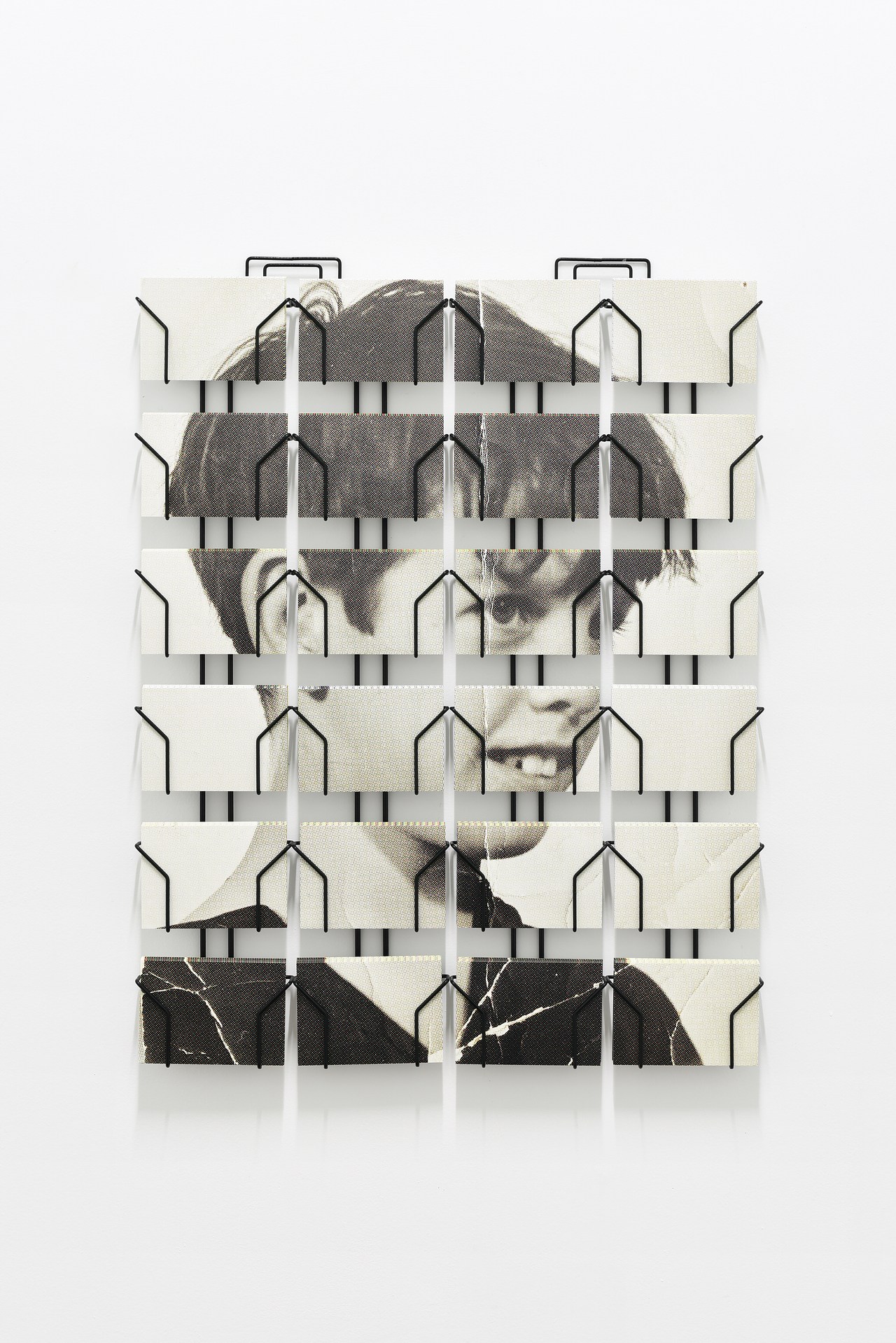Untitled (Map)
2011 - Drawing & Print (Drawing & Print)
112 x 82 cm
Charles Avery
Charles Avery has been constructing a narrative in his work since 2004. Between fantasy and reality, The Islanders is a very particular universe he has created in which to gather his disparate ideas. His practice primarily involves drawing, sculptures, texts and installations which participate in the epic and dreamlike narrative whole in the course of making. “I discovered a way to create a place where I could lay out and rationalize according to the space rather than to logic. This place enables me to affirm relations between the different elements. Thus whatever I make or write, whatever the context in which the work operates, its ultimate and absolute meaning remains linked to The Island ”. Charles Avery has no interest in placing his work within the history of art, instead he is intent on constructing a autonomous environment, purposely distancing the public. “The spectator is a tourist, a traveler, a writer, a missionary, an itinerant, a bounty hunter, a pioneer, in this country.” Amongst Avery’s most renowned drawings with extremely composed figurative scenes, there are geographical maps that situate The Island in relation to a fictional archipelago Triangland . Untitled (Map) is one of the pieces that enables the viewer to comprehend the context of this archipelago as well as discover the topography of his account.
Charles Avery was born in 1973 in Oban, Isle of Mull, Scotland. He lives and works in London, UK.
Colors:
Other related works, blended automatically

© » KADIST
Charles Avery
2012Since 2005, Charles Avery has devoted his practice to the perpetual description of a fictional island...

© » KADIST
Keith Tyson
The work of Keith Tyson is concerned with an interest in generative systems, and embraces the complexity and interconnectedness of existence...

© » KADIST
Ryan Gander
2012Epiphany…learnt through hardship is composed of a bronze sculpture depicting the model of the little dancer of Degas, in the pose of a female nude photographed by Edward Weston (Nude, 1936) accompanied by a blue cube...

© » KADIST
Mark Leckey
2004In Made In Heaven , we are face to face with a sculptural apparition, a divine visitation in the artist’s studio...

© » KADIST
Anthony McCall
1973The film Line Describing a Cone was made in 1973 and it was projected for the first time at Fylkingen (Stockholm) on 30 August of the same year...

© » KADIST
Simon Starling
2007Invited in 2007 to the Museum Folkwang in Essen (Germany), Simon Starling questioned its history: known for its collections and particularly for its early engagement in favor of modern art (including the acquisition and exhibition of works by Cézanne, Gauguin, Van Gogh, Matisse), then destroyed during the Second World War, the museum was pillaged for its masterpieces of ‘degenerate art’ by the nazis...

© » KADIST
Chris Wiley
2012Architectural details become abstracted renderings in Chris Wiley’s inkjet prints 11 and 20 (both 2012)...

© » KADIST
Andrew Grassie
2009In 2008, Grassie was invited by the Whitechapel Gallery to document the transformation of some of its spaces...

© » KADIST
Cerith Wyn Evans
2008Untitled (Perfect Lovers + 1) by Cerith Wyn Evans takes as its starting point Felix Gonzales-Torres’s seminal work Untitled (Perfect Lovers) , in which two clocks were synchronized and left to run without interference, the implication being that one would stop before the other...

© » KADIST
Martin Creed
2003This photograph of Martin Creed himself was used as the invitation card for a fundraising auction of works on paper at Christie’s South Kensington in support of Camden Arts Centre’s first year in a refurbished building in 2005...

© » KADIST
Anthony McCall
1974This score is a graphic record of the detailed choreography of one of Anthony McCall’s Landscape for Fire performances...

© » KADIST
Simon Fujiwara
2016Masks is a series of abstract paintings by Simon Fujiwara that together form a giant, fragmented portrait of German Chancellor Angela Merkel’s face...

© » KADIST
Toby Ziegler
2007Wagon Wheel is a work with a fundamental dynamism that derives both from the rotating movement of the elements suspended on poles and the kicking of the legs of the figure...







